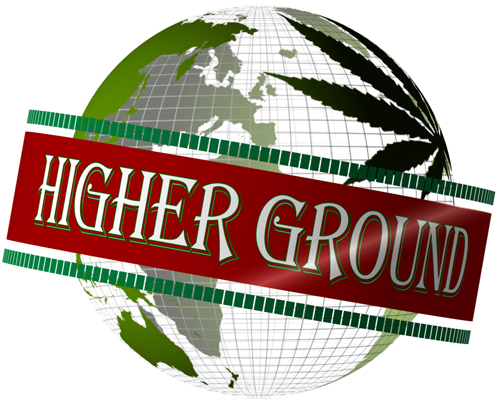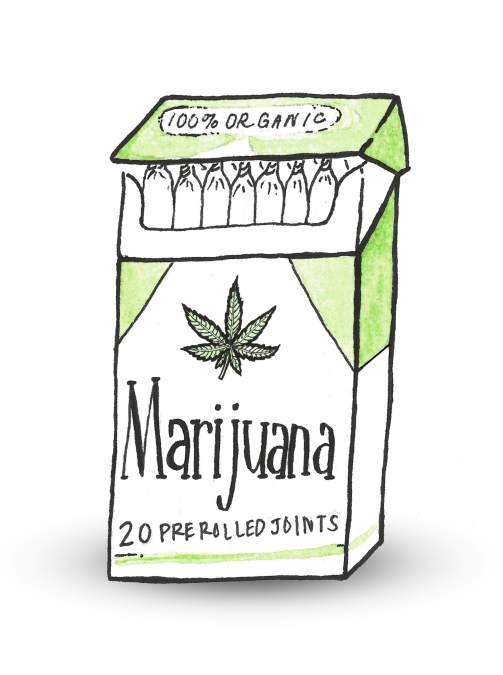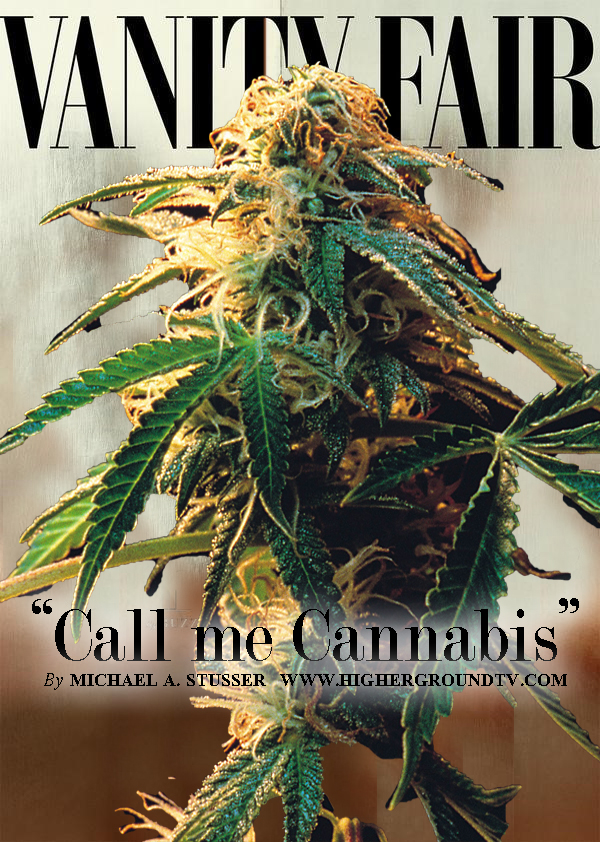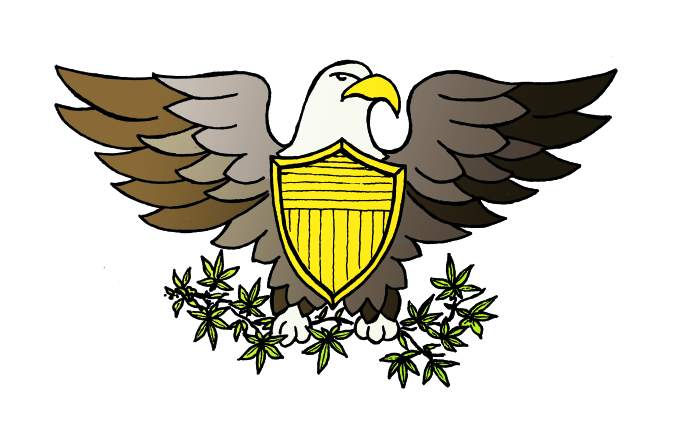“It’s either understanding one another, or destruction!”
Ricardo, it turns out, is Honduran, but he looks black to me. We’ve known each other for several years in passing; he plays percussion in Faith Beattie’s jazz trio at the Queen City Grill, where I frequently drink heavily. We’ve exchanged smiles and nods, and I’ve thrown a few quid into the tip jar on nights I feel flush.
Last week we sat outside at adjacent tables to beat the heat and smoke, Ricardo sucking on a cigar and me with my Firefly vaporizer (both illegal, as we were too close to the entrance). I noted Ricardo’s swank Panama hat, and we started in on small talk. Eventually we got around to the issues of the day in a week that had some doozies: The Confederate battle flag had come down and same-sex marriage had been approved by a venomously divided Supreme Court, along with key rulings supporting national health care and fair housing. Marijuana, too, had had a major victory thanks to the White House, which lifted a longstanding restriction on research on medical marijuana by eliminating the Public Health Service review imposed in 1999 and allowing scientists to legally investigate the health benefits of cannabis.
“It’s funny, man,” Ricardo told me while chewing on his Cuban, “I feel a real change coming on. We’re at the cusp of something. It can go either way, you know?” I did. “It’s either understanding one another, or destruction! I’m just holdin’ on, hoping things tip toward the positive.”
Despite the victories, Ricardo and I had something heavy on our minds: the recent murders of nine members of a bible-study group, gunned down at the historic Emanuel A.M.E. (African Methodist Episcopal) Church in Charleston. We had both been inspired by the President’s eulogy (featuring a chilling rendition of “Amazing Grace”), but more so by the families of those who had been massacred.
“I don’t think I could have shown that much grace, man,” I said, referring to the relatives who showed up at the killer’s bond hearing, each of whom forgave the shooter. “Hell, I could barely forgive my ex-wife—and she didn’t kill anyone.” (That I know of.)
“Oh, I hear you. But hate is a lie,” Ricardo said, with his own preacher’s cadence. “You may not be able to change those who hate, but through forgiveness you can lose the cynicism and anger in your own heart. For lost souls like that murderer, it’s possible to bring light to the darkness. Through love, we can truly create heaven on earth. With my thoughts and actions, I can change myself. It’s truly profound.”
Gay-pride revelers, tourists, and drunken partiers passed by, making the Belltown street scene even more festive than usual. Maybe it was the buzz from our vices of choice, but Ricardo and I realized our discussion—-from men truly worlds apart—was invigorating and important. Though we clearly shared liberal values (starving artists and all), in a way it felt as if we were practicing—emphasizing our similarities rather than our divisions and differences. “Lately, I’ve been having great discussions with people who may not have even talked to me a decade ago,” he said. “How can we advance love and not fall into complacency? I think it?s by engaging with one another. Listening.”
While the Trio played an enchanted set of samba-inspired grooves (he’s Honduran, man!), I thought about something our President had said during his eloquent eulogy for Rev. Clementa C. Pinckney: “To settle for symbolic gestures without following up with the hard work of more lasting change—that’s how we lose our way again.”
The victories for equality, cannabis, and individual liberties haven’t arrived out of the clear blue sky. They’re the culmination of grassroots efforts, honing the message, and civic (and hopefully civil) discourse over complex, meaningful, and often hot-button issues. State by state these issues have been fought over, voted on, thrown out, and often, in the end, adjudicated. The key is not only dialogue, but vigilance in the democratic process. It’s never a full Kumbaya moment, because the second there’s a victory, there’s a setback and a need to reorganize and carry on. Yes, the tragic shootings in Charleston were followed by a rallying cry to lower the Confederate battle flag, but that cry was followed by more violence, as seven African-American churches in the South have since been set ablaze.
For some reason they make you stop drinking at 2 a.m. in this godforsaken town, so I gathered my things to head inside and settle my tab. I’d grabbed my keys and phone and vaporizer (and cocktail), but was missing my wallet. Any number of folks could have nabbed it from my coat on the patio: a thousand passersby, other diners, one of the dozen or so street people who’d asked for change—or maybe I’d dropped the damn thing on my way to the john. A waiter helped me half-heartedly search under tables with a flashlight. I was drunk and it was time to Uber home; as a regular they’d let me pay later, and I’d make some calls in the morning to cancel my credit cards.
As I took a last look under the table I’d been sitting at, Ricardo approached with a wide smile and wallet in hand; he’d found it under a booth earlier and was looking for me.
We stared at one another, and in our minds 500 years of oppression and lies, pain and misconceptions, stereotypes and generalizations flashed between our eyes.
“You stole it from me, man,” I said, brow arched.
We laughed and embraced simultaneously. It may be a slow roller, but this momentous wave shall not be stopped.





